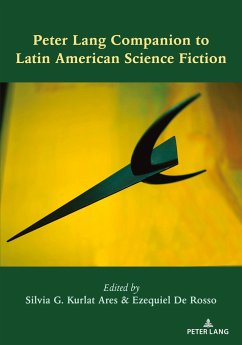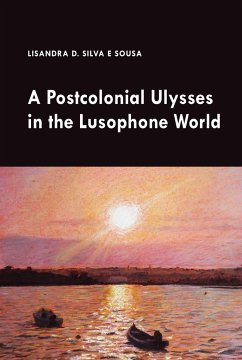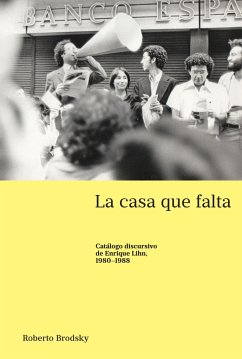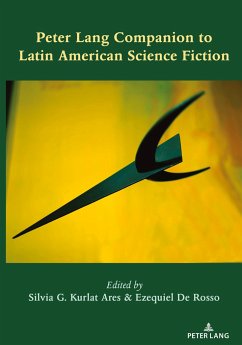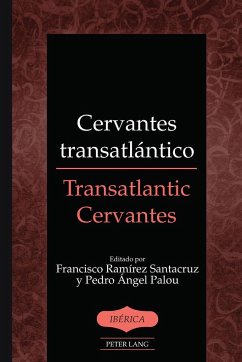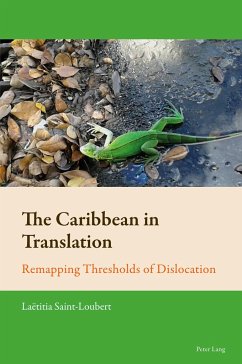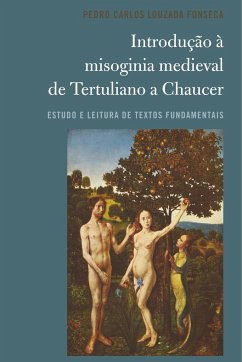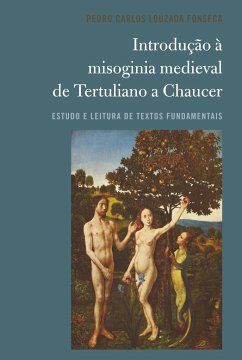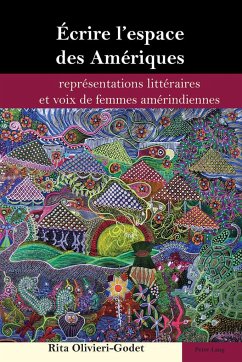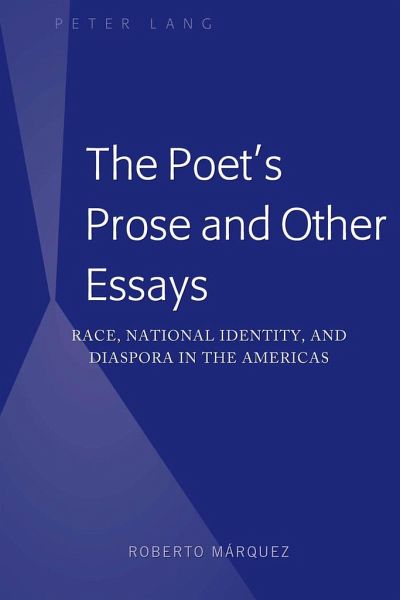
The Poet's Prose and Other Essays
Race, National Identity, and Diaspora in the Americas
Versandkostenfrei!
Versandfertig in 6-10 Tagen
75,45 €
inkl. MwSt.
Weitere Ausgaben:

PAYBACK Punkte
0 °P sammeln!
The Poet's Prose and Other Essays: Race, National Identity, and Diaspora in the Americas offers a wide-ranging compilation of essays, literary commentaries, and reviews that aim to engage New World thought and writing and contribute to a more critically integrative and comprehensively embracing perception of cultural life and production in the New World. This volume underlines the importance of the Afro-Caribbean and Afro-Latin American dimension of hemispheric history and experience, and how failure to consider or properly integrate this dimension marks one of the central problems facing Cari...
The Poet's Prose and Other Essays: Race, National Identity, and Diaspora in the Americas offers a wide-ranging compilation of essays, literary commentaries, and reviews that aim to engage New World thought and writing and contribute to a more critically integrative and comprehensively embracing perception of cultural life and production in the New World. This volume underlines the importance of the Afro-Caribbean and Afro-Latin American dimension of hemispheric history and experience, and how failure to consider or properly integrate this dimension marks one of the central problems facing Caribbean, Latin American, and Latin@ Studies today.
Bringing together important literary works from Cuba, Puerto Rico, and even Peru, among other locales, the collection is composed of three key sections: the first focuses on three of the region's iconic figures-José Carlos Mariátegui, Oscar Lewis, Nicolás Guillén-and the impact of their contributions on discourses of culture, race, and national identity; the second centers entirely on Caribbean themes, across both French and Spanish language zones, exploring the creative and intellectual landscape of the region as a whole; and the final section addresses the unique features and textures of the experience of Latin@ communities in the United States, beginning with a review of New York as modern embodiment of an authentically "Hemispheric City."
Bringing together important literary works from Cuba, Puerto Rico, and even Peru, among other locales, the collection is composed of three key sections: the first focuses on three of the region's iconic figures-José Carlos Mariátegui, Oscar Lewis, Nicolás Guillén-and the impact of their contributions on discourses of culture, race, and national identity; the second centers entirely on Caribbean themes, across both French and Spanish language zones, exploring the creative and intellectual landscape of the region as a whole; and the final section addresses the unique features and textures of the experience of Latin@ communities in the United States, beginning with a review of New York as modern embodiment of an authentically "Hemispheric City."





